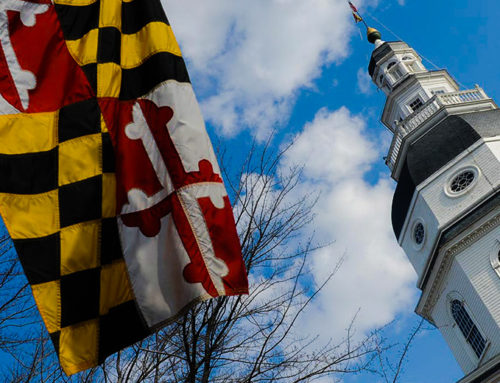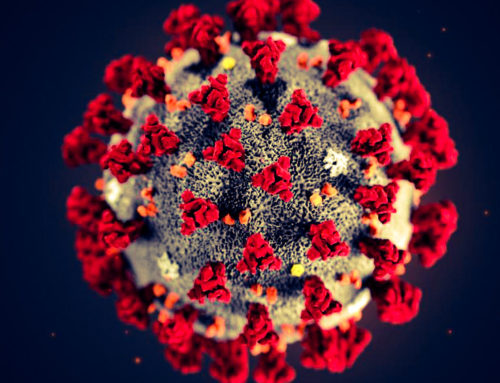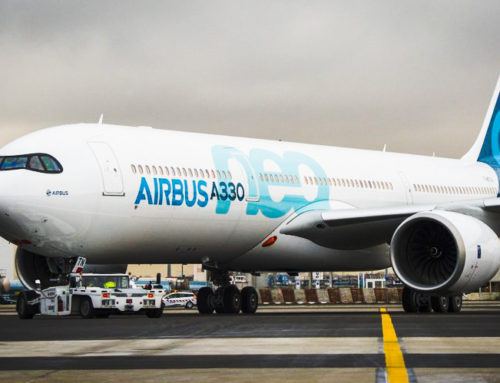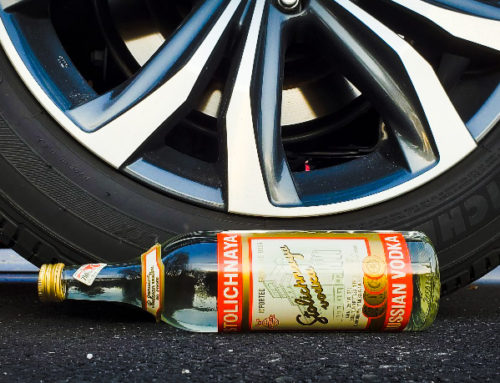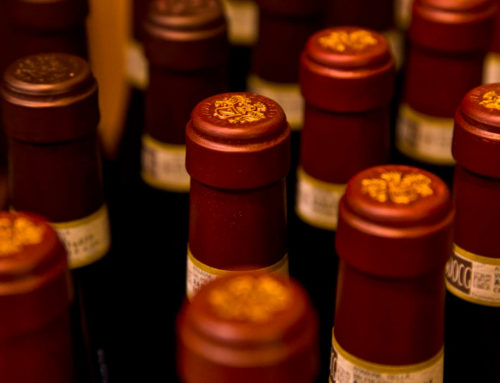View by Topic
Recent Articles
-
NYC Building Electrification Ruling is Interesting But Not a Game ChangerSaturday, March 29th, 2025
-
Greenpeace Ordered to Pay $667M in Blow to ActivismSaturday, March 22nd, 2025
-
The Most Consequential Day of Environmental Deregulation in American HistorySaturday, March 15th, 2025
-
States Challenge Validity of New York’s Climate Change Superfund ActSaturday, March 8th, 2025
-
House Votes to Protect the Hot Water Heater in Your HouseSaturday, March 1st, 2025
View by Month/Year
“Green Building Law Update” Headlines
Recent Articles & News from
Stuart Kaplow’s blog
at GreenBuildingLawUpdate.com
- NYC Building Electrification Ruling is Interesting But Not a Game Changer March 30, 2025
- Greenpeace Ordered to Pay $667M in Legal Blow to Environmental Activism March 23, 2025
- The Most Consequential Day of Environmental Deregulation in American History March 16, 2025
- States Challenge Validity of New York’s Climate Change Superfund Act March 9, 2025
Subscribe to the Green Building Law Update!
Stuart Kaplow brings his expertise and extensive experience to the table with his unique digital publication, "Green Building Law Update". Subscribers receive regular updates to keep them informed about important issues surrounding Environmental Law, Green Building & Real Estate Law, as well as the emerging demand for Environmental Social Governance (ESG).
Get fresh content through the lense of Stuart Kaplow's cutting-edge expertise, innovative commentary and insider perspective. Don't miss another issue! Subscribe below.

859 Maryland Liquor License Violations Reported
Nancy Hudes and I are collaborating in Regulatory Solutions Consultancy, LLC, a new consultancy positively leveraging constraints and finding advantages in the licensed beverage industry. If we can assist you with matters of alcoholic beverage law, do not hesitate to give us a call.
This blog post is a review of retail liquor license violations across Maryland during 2016.
The twenty three counties in Maryland, Baltimore City, and the City of Annapolis issue retail alcoholic beverages licenses and local boards of liquor license commissioners police activities under those licenses.
Local licensing boards regulate the types of licenses issued, scope and restrictions of licenses, including hours of sale, and much more. Those boards enforce the more than 3,100 page state law, county and city laws, and the boards’ own rules and regulations. Enforcement varies from locale to locale and is often fact specific, but penalties can range from civil enforcement dollar penalties or fines to suspension of a license for a period of time, ultimately to revocation of a license.
Local licensing boards across the state reported a total of 859 retail license violations during 2016.
Overwhelmingly, the largest category of those violations, 321, that is over 37% of all violations, are for sale of an alcoholic beverage to a minor. Sales to a minor represent the largest number of violations not only statewide but also in nearly all counties; and generally result in larger dollar fines than other violations.
In a statistical anomaly the only other violation that reports in triple digits is sale of alcohol without an license, however, 101 of the 103 reported violations are in Prince George’s County such that this is a locale specific issue not necessarily of gravis concern to most licensees.
The next largest categories of violations are ministerial in nature. 63 licenses paid penalties for late renewal filings and 49 paid penalties for not being able to produce and alcohol awareness certificate.
35 alcoholic beverage businesses had penalties assessed for being a public nuisance. 22 of those were in Baltimore City and most were part of the larger effort to reduce the number of package goods stores.
33 were penalized for illegal conduct on the licensed premises, ranging from solicitation of sex acts to sale of drugs; and, another 15 allowed prohibited practices in the premises the largest number of which involved partially clothed dancers.
29 establishments were cited for unauthorized entertainment.
18 businesses paid penalties for failure to maintain records, reports of purchases, and invoices.
16 were penalized for sales to intoxicated persons.
15 were fined or had licenses suspended for failure to cooperate with police.
12 were serving during prohibited hours.
11 purchased alcoholic beverages from other than a wholesaler.
There were also license violations for: an intoxicated server; gambling on the premises; open container; minors conducting the sale; failure to display a license; inappropriate relationship with a wholesaler; tampering with contents of nonalcoholic beverages on the premises; business being operated by other than the owner; operating under a trade name not approved, etc.
Curiously, there were no reports in 2016 of violations for: serving outdoors without permission; refilling bottles; failure to register a keg; underage employees; and, noise disturbing the neighborhood, despite violations for each during 2015.
Statistically, with 139 each Montgomery and Prince George’s reporting the largest number of those violations. The only other jurisdictions in triple digits was Baltimore City with 122 violations. Baltimore County reported 54 violations. Frederick County had 42 and Allegheny had 41 respectively. Carroll County reported 39 violations. Howard County had 35 violations and other locales had fewer. No jurisdiction reported no violations.
Given that a liquor license is “the” key asset in an alcoholic beverage business, a licensee should consider the value of that license when cited for a violation and is well served to be represented by legal counsel at a license board proceeding.





